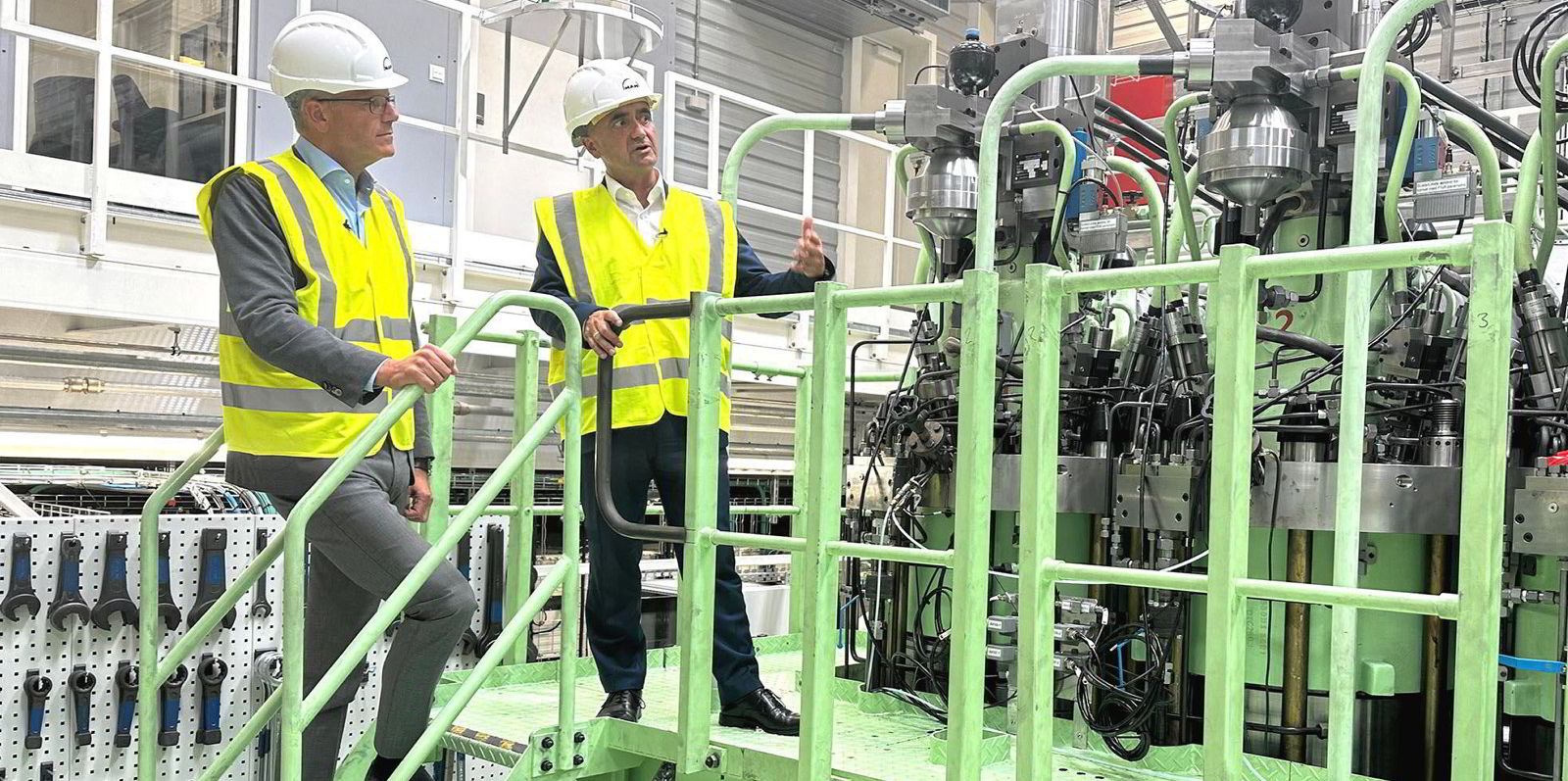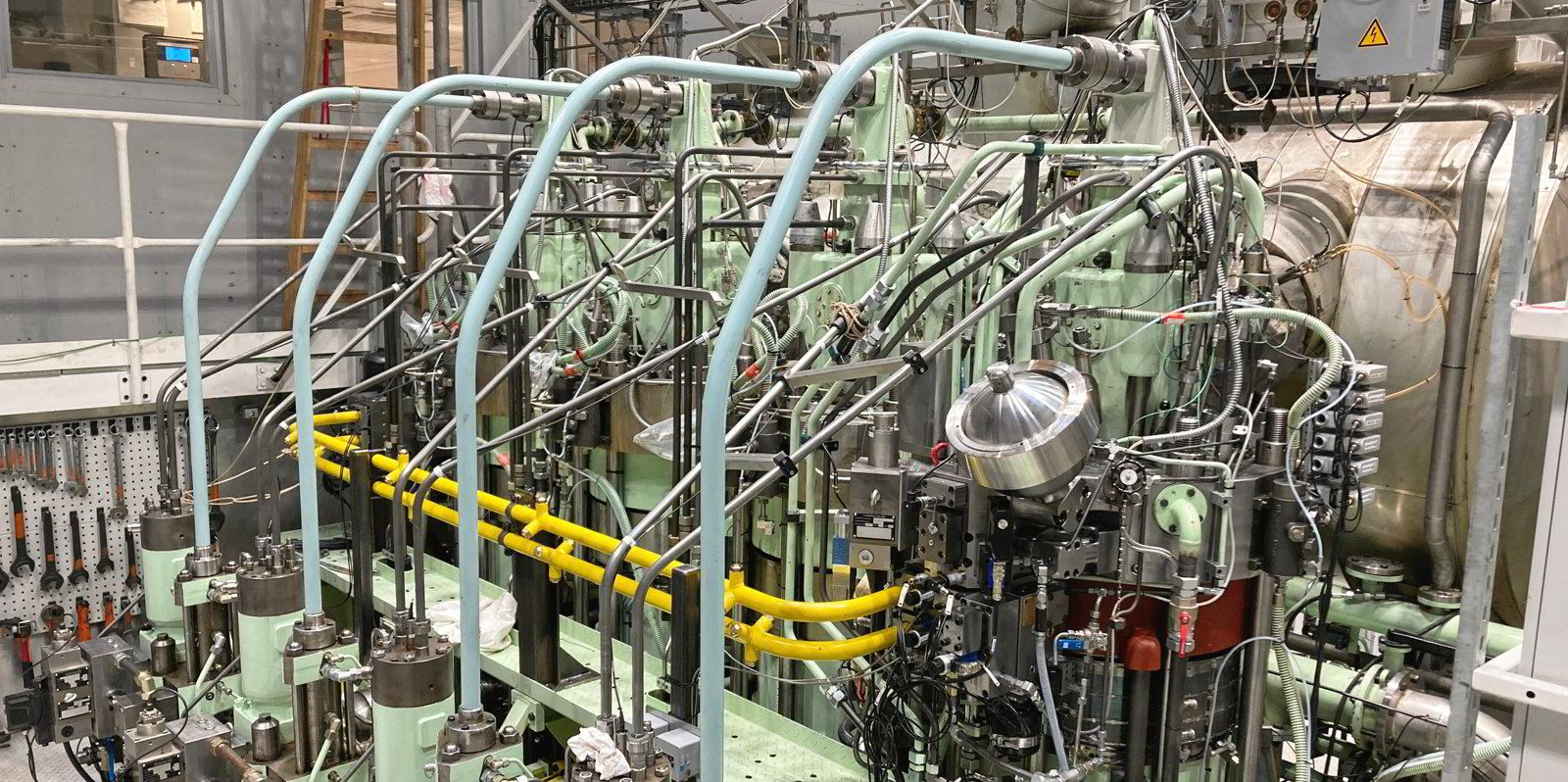Shipowners are starting to choose alternative fuels for their newbuildings — right?
Clarksons Research said 45% of the orders in tonnage terms placed in the first eight months of 2023 were booked with alternative fuelling.
The brokerage’s figures also show that 49% of the global orderbook is for vessels with alternative fuels.
But at the sharp end of the business, some newbuilding brokers tell a different story.
“All the business we have done this year — bar one exception on large ships — is for conventionally fuelled vessels,” one broker told TradeWinds.
“People who say they are confused about fuelling in the tramp market are just saying they don’t want to do newbuildings. People who want to do newbuildings get comfortable with it very quickly.”
But for medium and smaller-sized vessels, the switch is proving challenging.
“You can’t make sense of any alternative fuelling decision on an ultramax or kamsarmax,” one newbuilding broker said.
“It’s just one massive bet — putting it all on black,” another broker said, stressing that owners are making decisions on vessels they may not deliver for another three to four years.
Multi-levered approach
Stephen Gordon, managing director of Clarksons Research, does not think the fuel choice is going to become easier for shipowners in 2024.
But he said they are essential, as is the retrofitting of energy-saving technologies and eco-features, fleet speed and optimisation.
“It is a multi-levered approach to the decarbonisation challenge, which is the biggest for shipping at the moment,” Gordon said.
It's just one massive bet — putting it all on black
Newbuilding broker
He pointed out that 31% of the existing global fleet is over 15 years old, and about 30% — in Clarksons Research’s estimations — will be D or E-rated under the Carbon Intensity Indicator.
“We seem to be moving to a multi-fuelled future for a period,” Gordon said, adding that it will not only mean strong newbuilding requirements but also a boon for ship repair yards in the medium term in retrofitting energy-saving technologies.
Clarksons Research figures show LNG dual-fuelling is still the top choice, although the data is slightly skewed by LNG carriers that use the fuel.
Container ships and car carriers are the sectors with the largest uptake of alternative fuels, and this year, there has been a rise in the choice of methanol as a fuel for these ship types.
The first firm ammonia-fuelled vessel orders are said to be close.
Gordon said more fuelling optionality is being built into newbuilding orders, with owners perhaps choosing LNG dual-fuelling but making the vessels methanol or ammonia-ready, or any combination of this.
But there is scepticism about some of the “fuelling ready” notations, with some thought to be more thought through than others and one broker going as far as to dub them “an absolute con”.





